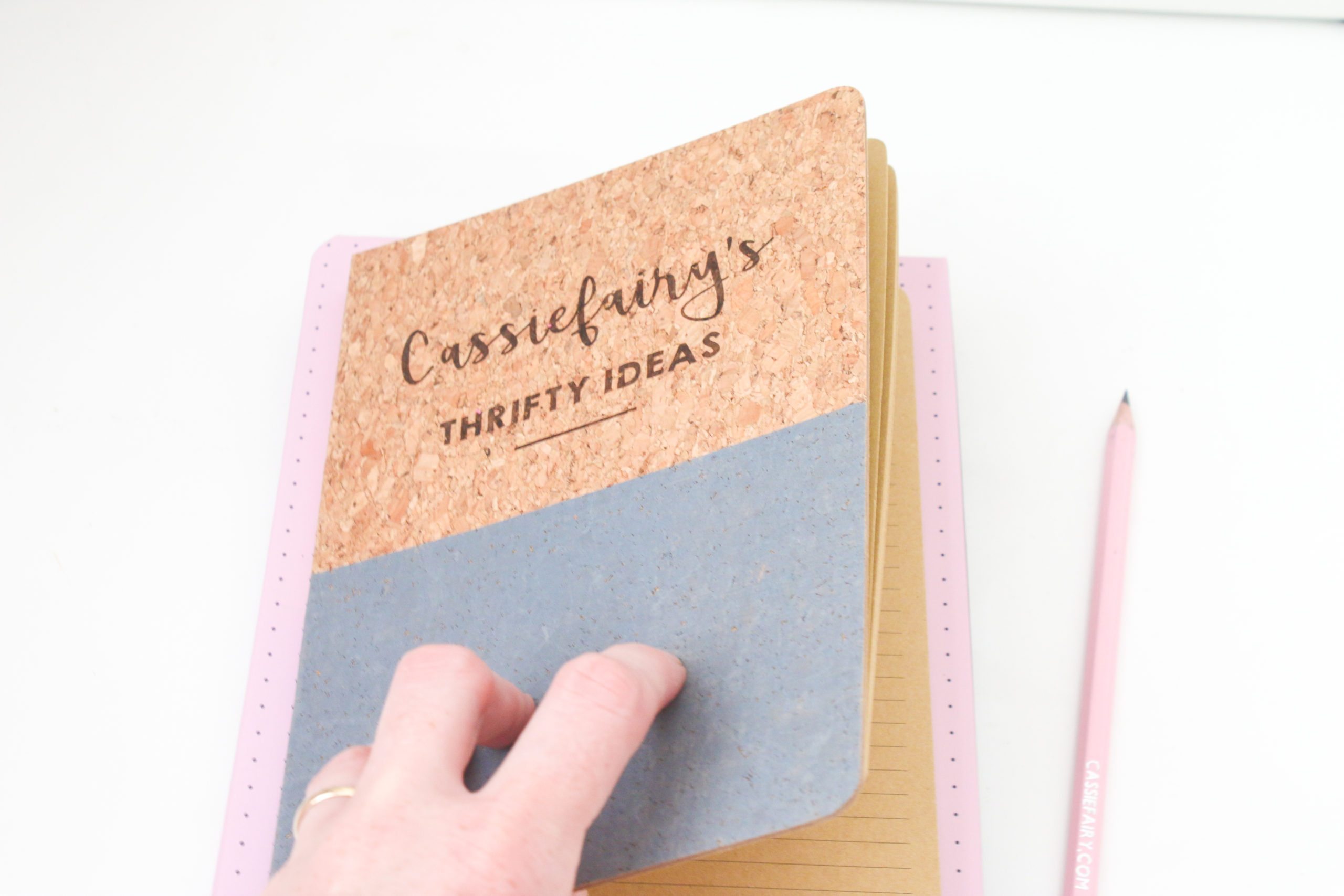How did you sleep last night? Do you feel rested? Are you enjoying your day today? Getting a good night’s sleep is so important for your mood, productivity and health, but it’s not just an issue to consider alone; it is a family issue. Partners can affect how the other sleeps, parents influence their children’s sleep lives and, of course, youngsters have a significant effect on how much sleep a parent gets. Did I just make a bit of an understatement, or what??

Sleep is an essential component of physical and mental health throughout our lives. During childhood, sleep is essential for development. Infants and young children sleep so much because during sleep their brains and bodies are engaged in intense neurological and physiological development. The sleep required for personal wellness may vary from person to person and age is a big factor from infancy to childhood. Parents who make their own sleep a priority will often find themselves better able to parent in that they are more patient and energetic and even more present.
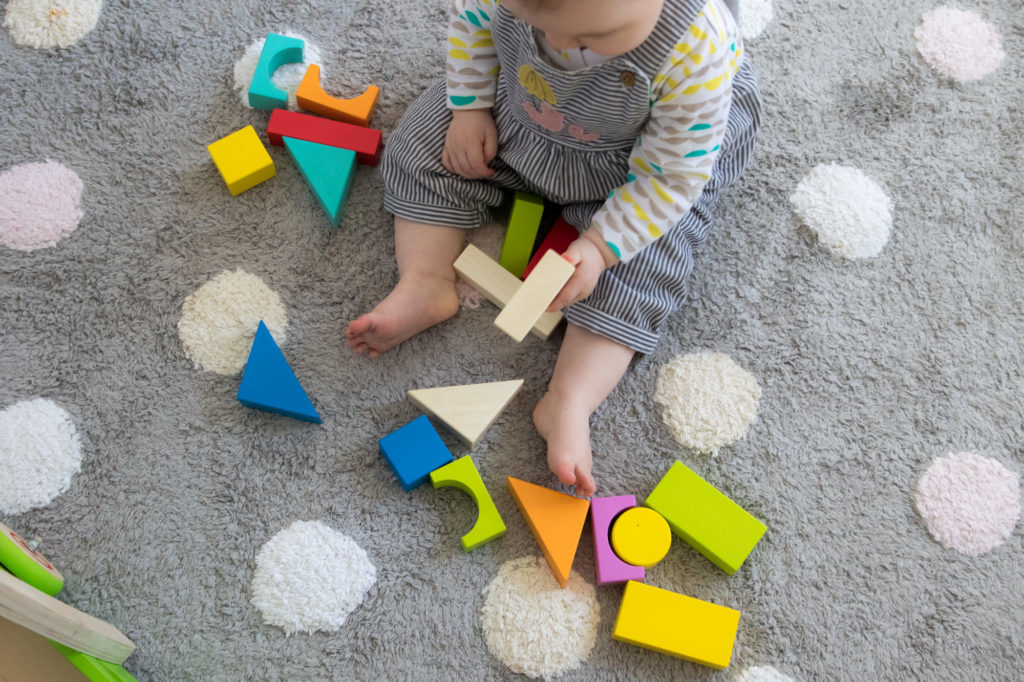
So, you can see why it’s a good idea to set some sleep goals for the family as a whole and not just for the individuals. These goals will undoubtedly change over time as the children grow and develop but you can adjust your plans to fit your family’s lifestyle in the future. Our bodies and sleep requirements change as we age and keeping up with these changing needs is important to ensure a healthy sleep for every family member. Here are some sleep hacks to help you sleep well as a family…
1 REGULAR ROUTINE
In this modern technologically-driven era, families face more challenges to sleep than ever before. Busy schedules, a growing dependence on technology, as well as school and work obligations mean many families don’t stick to a regular sleep routine. And sleep suffers when there isn’t a routine. To get enough sleep and to make sure it is quality sleep a regular routine is essential, so stick to bedtimes. I’m not just talking about the kids here – the adults need to have a time to go to bed too! If the house is ‘awake’ into the wee small hours, it’ll affect the quality of sleep for those who are in bed. Keeping a regular schedule with consistent bedtimes and wake times – even on weekends is important.
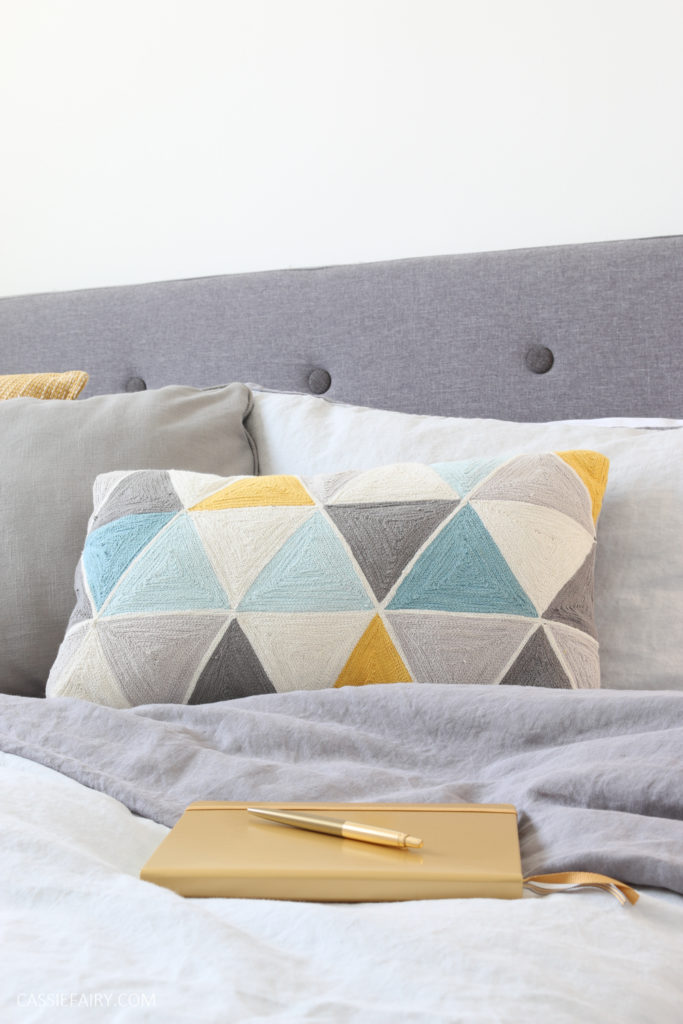
2 BEST BEHAVIOUR
Children’s sleep needs change over time, as do the issues and challenges. For younger children, the challenges are often in establishing basic sleep behaviours – learning to fall asleep and stay asleep through the night. You can help them to wind down with few distractions, have a bath-book-bed routine, and keep the room dark to help them fall asleep. Younger children may not want to sleep in their own beds so that’s something else to tackle straight away with comfy bedding and perhaps a reward chart for nights spent in their own bed.
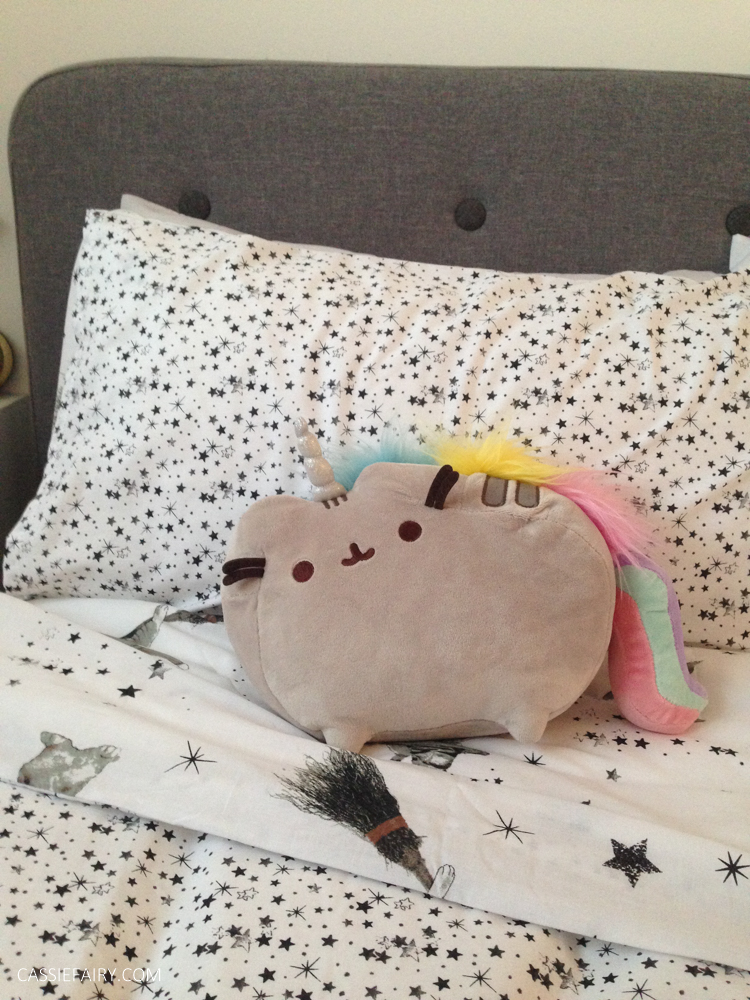
3 SOCIAL SLEEP
As children age other challenges occur. Older children and teens have homework and social activities, both of which can also cause anxiety. And those worrying thoughts can make getting to sleep difficult. Plus, the lure of night-time activities – many involving electronic screens – disrupt our sleep by mimicking daylight. In addition to the distraction of the internet, it can be quite tough to achieve a good night’s rest, so having a digital curfew for the entire family for a couple of hours before bed will make it easier to fall asleep by limiting that blue light and brain-triggering alerts.
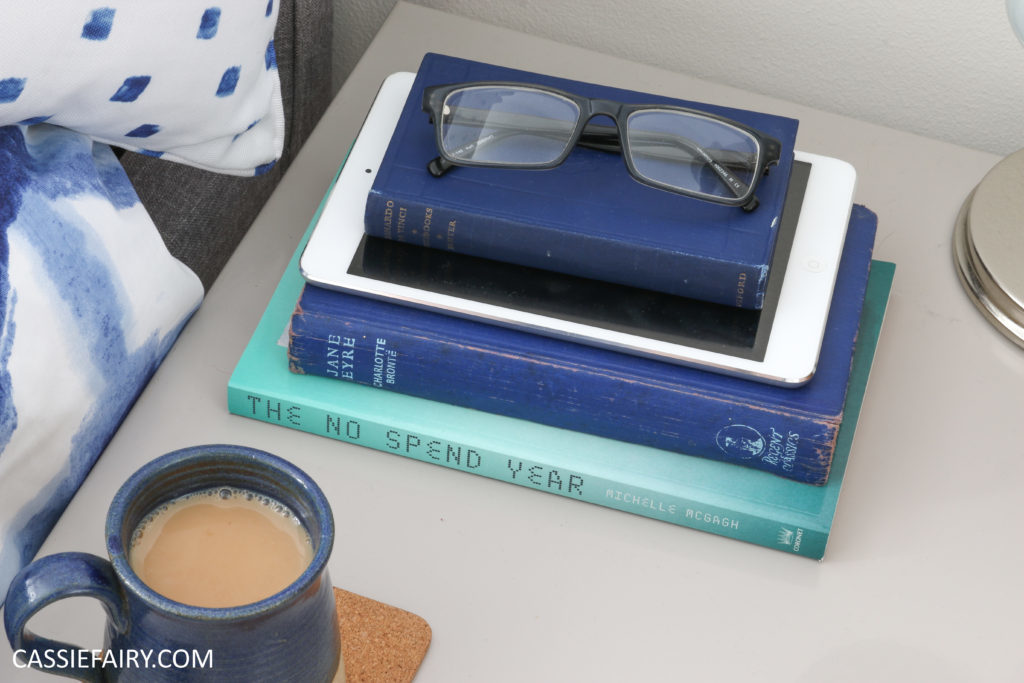
3 PERFECT POSITIONING
Taking it back to basics can sometimes help. For example, it is easy to overlook the positions in which we sleep. Side sleeping is a common position, yet many sleep on a mattress that isn’t designed to give the support necessary, which can disrupt sleep significantly. Sometimes sharing a bed with your partner can make it difficult to sleep soundly but I know from experience that having the right mattress can absorb movements and mean you barely notice that they’re there!

5 EXERT ENERGY
Sometimes kids just aren’t tired at night because they haven’t used enough energy during the day. This can be especially true of teenagers! Exercising regularly can promote a deeper sleep and will certainly help your body to feel tired at the end of the day. Although make sure you don’t exercise too close to bedtime since the stimulation of moving your body will make it difficult to rest for a while after.
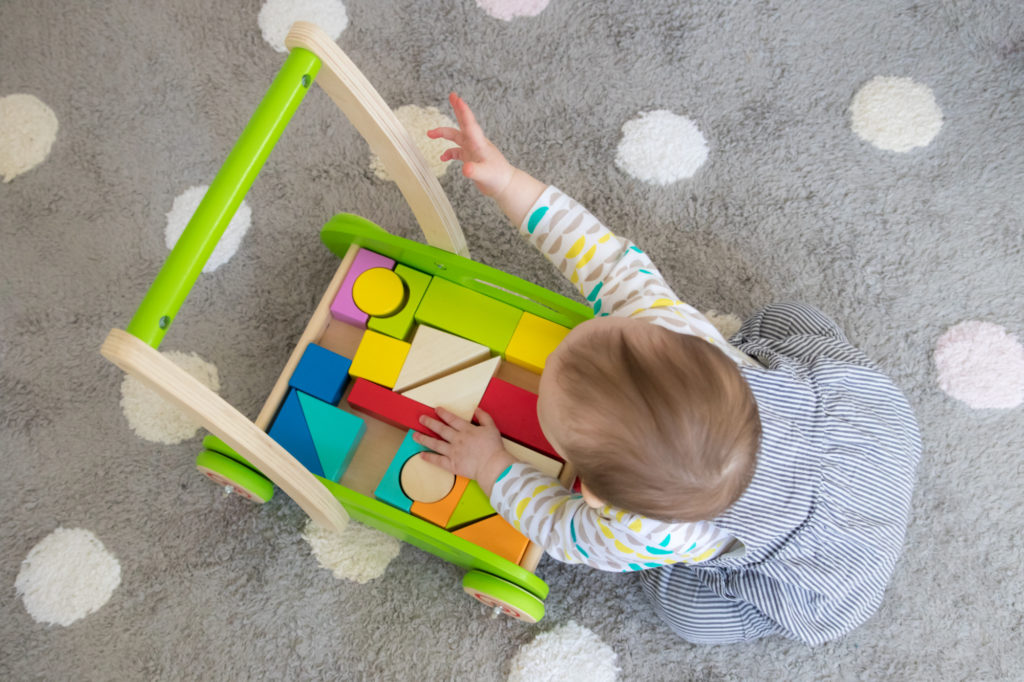
6 IDEAL ATMOSPHERE
Maintaining the right atmosphere is also a significant factor in getting great sleep. The bedroom should be cool and dark, and (my favourite tips!) free from electronic devices where possible. I mean put your phone in another room and leave it there! If the room is dark and silent (without the humm of electrical devices – can you hear that? I can!) your body knows it is night-time and will be able to fall asleep much more easily. I recently blogged about 10 ways to tune out of your tech so have a read if you need some tips.
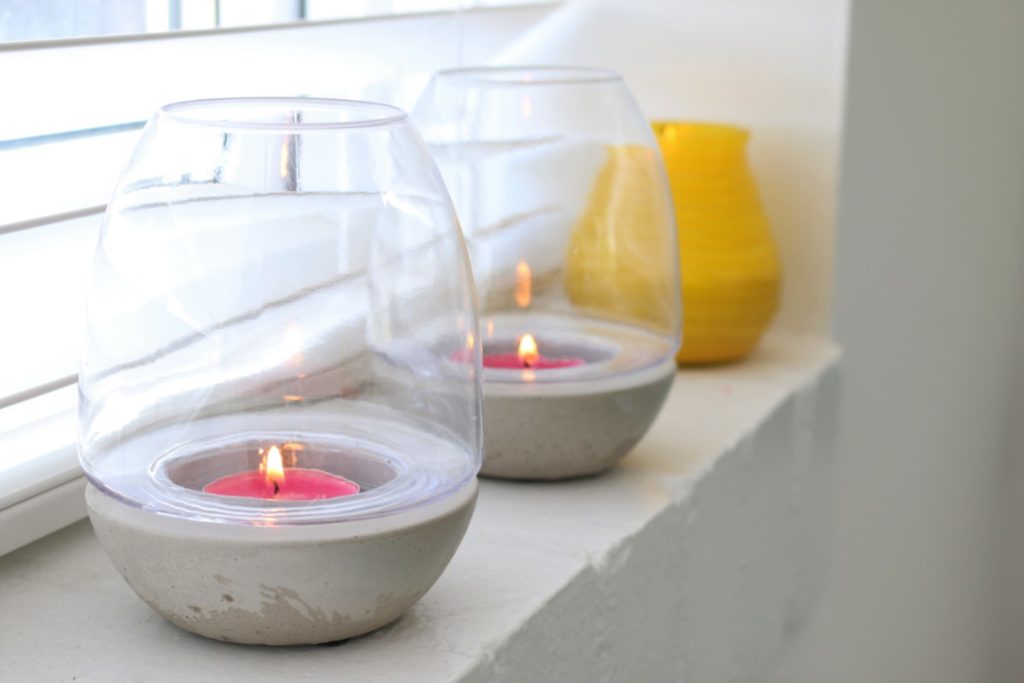
Healthy sleep routines and strong sleep hygiene is something that children will often emulate when they see a parent practising it – it provides an important model for the child to see that sleep is important for our wellbeing. I hope these sleep hacks will help you all to get a great night’s sleep and please do leave me a comment to let me know what you do as part of your family’s bedtime routine.
PIN IT FOR LATER
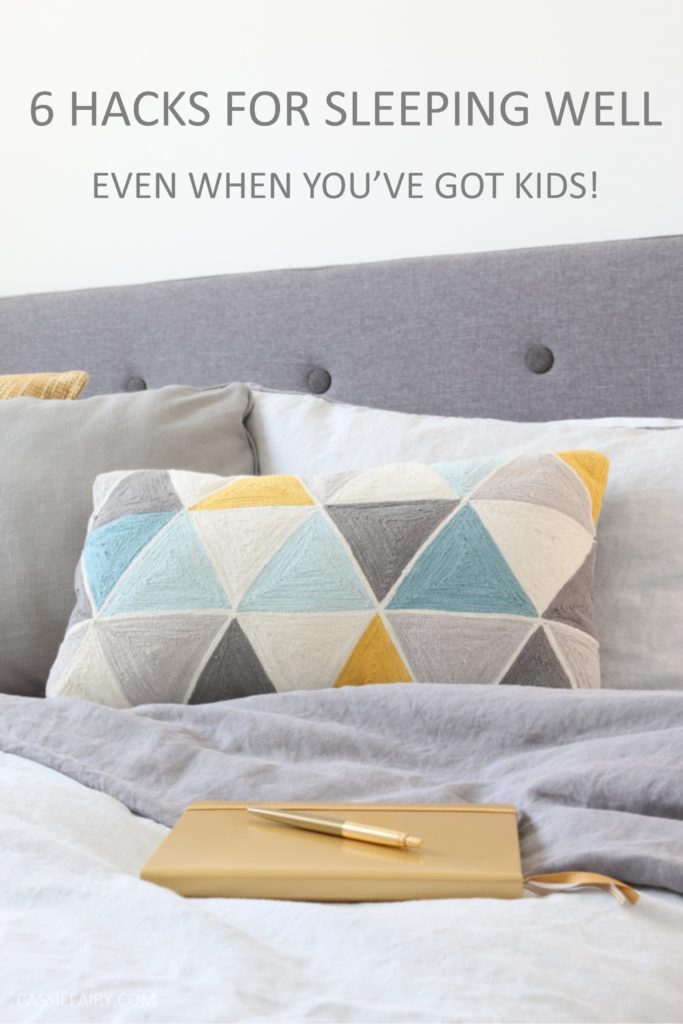
This blog post is an advertisement feature that has been written in collaboration with a sponsor. The pink links in this post indicate a sponsored link 🙂




















